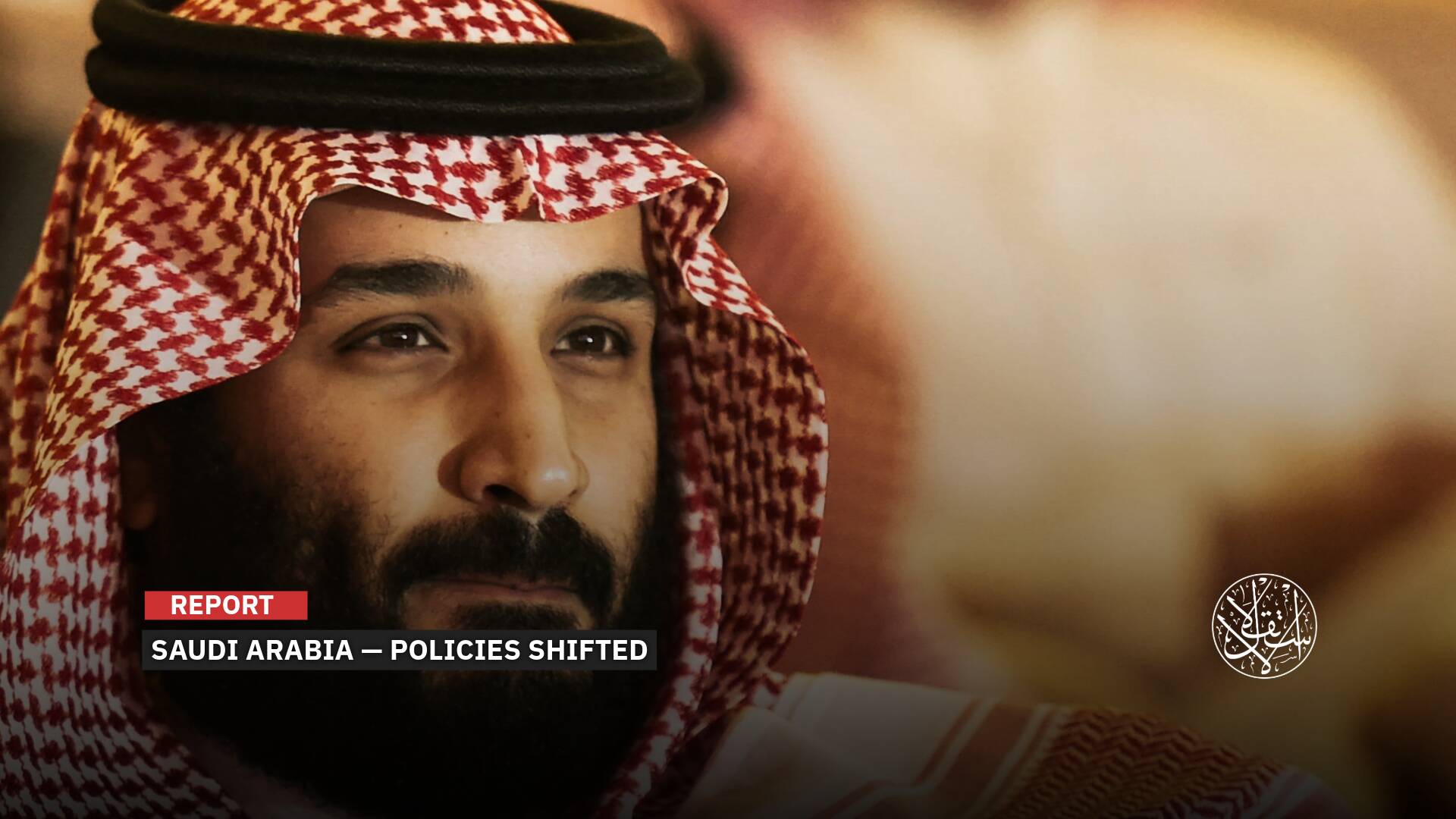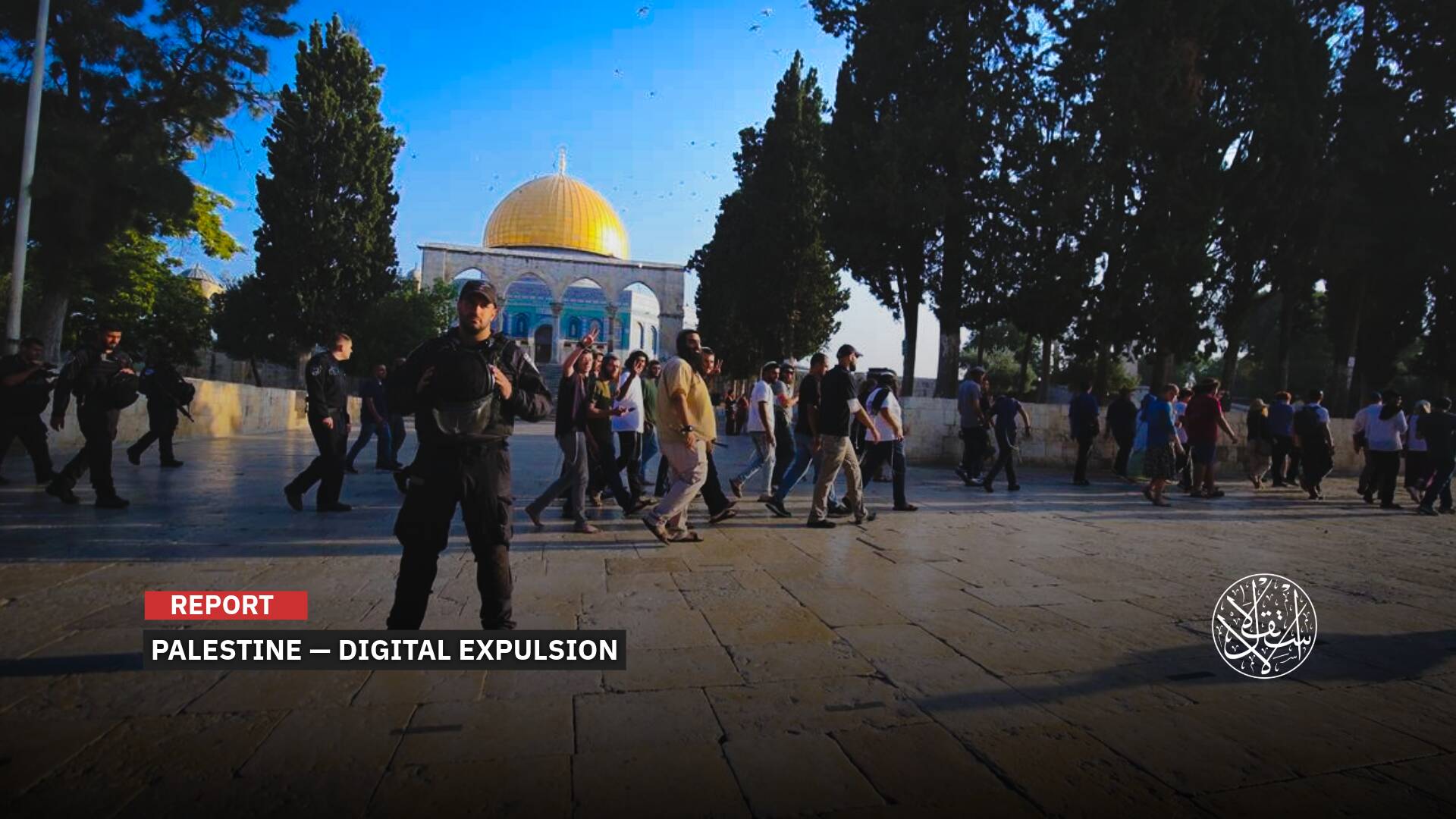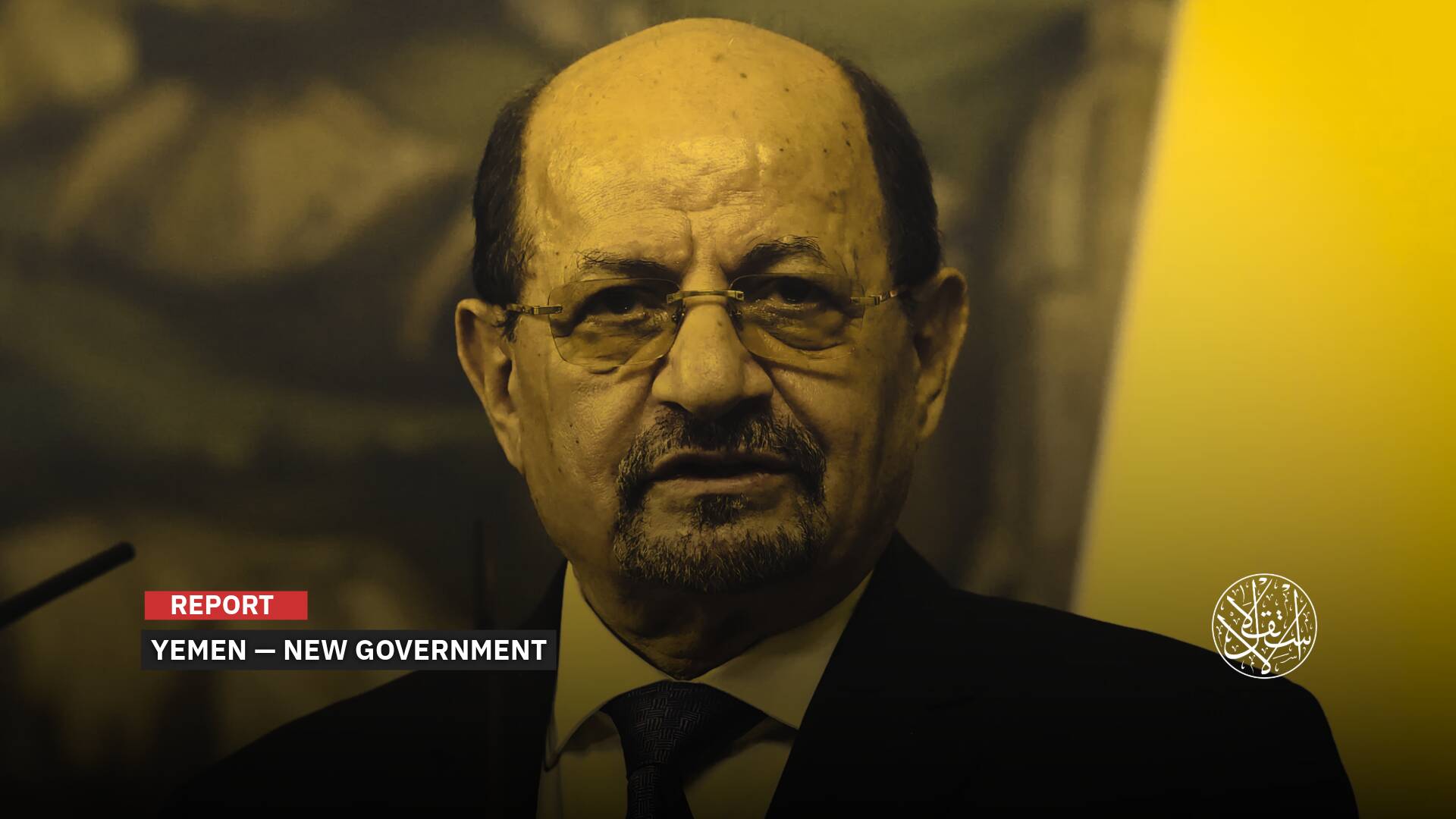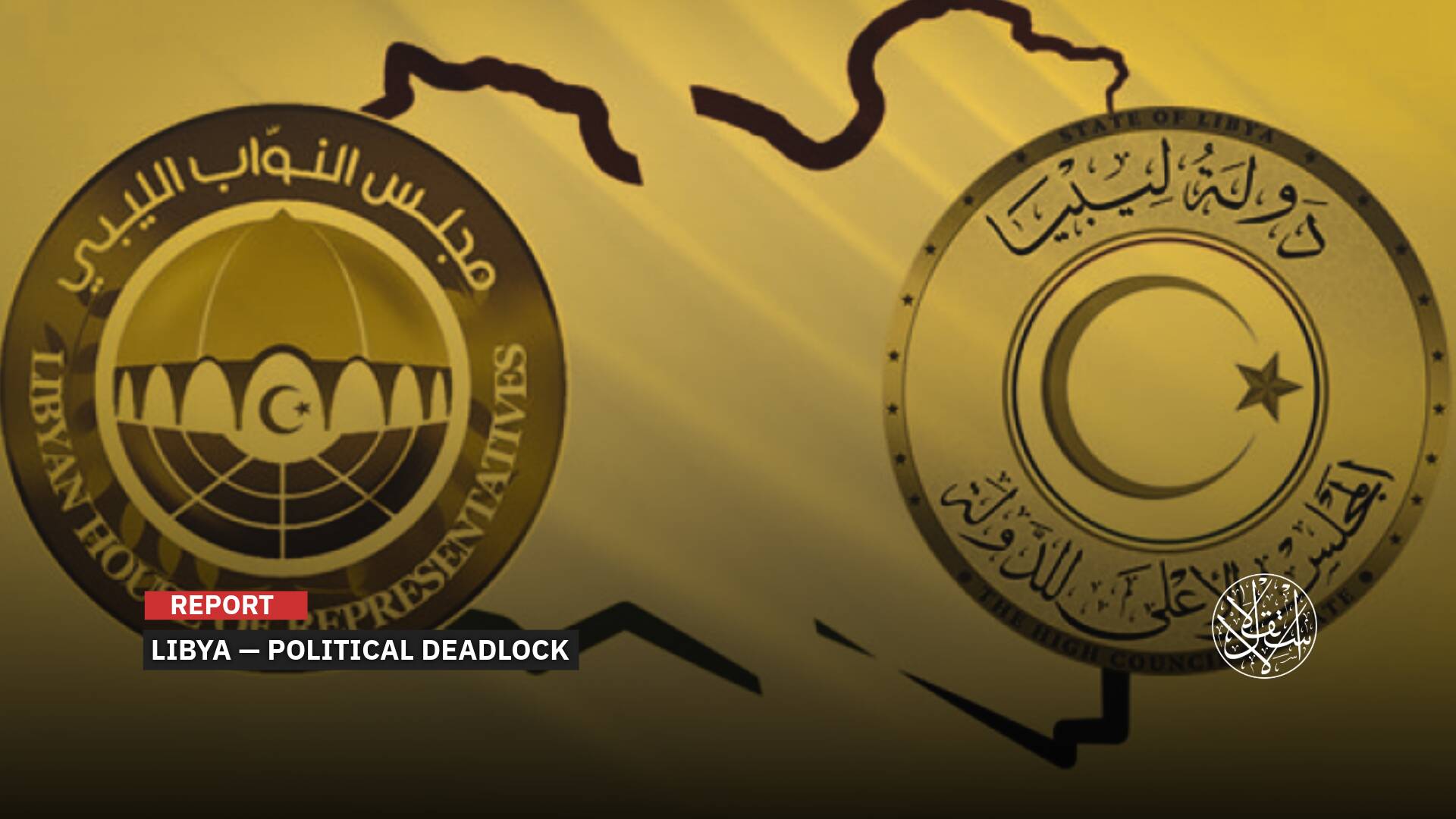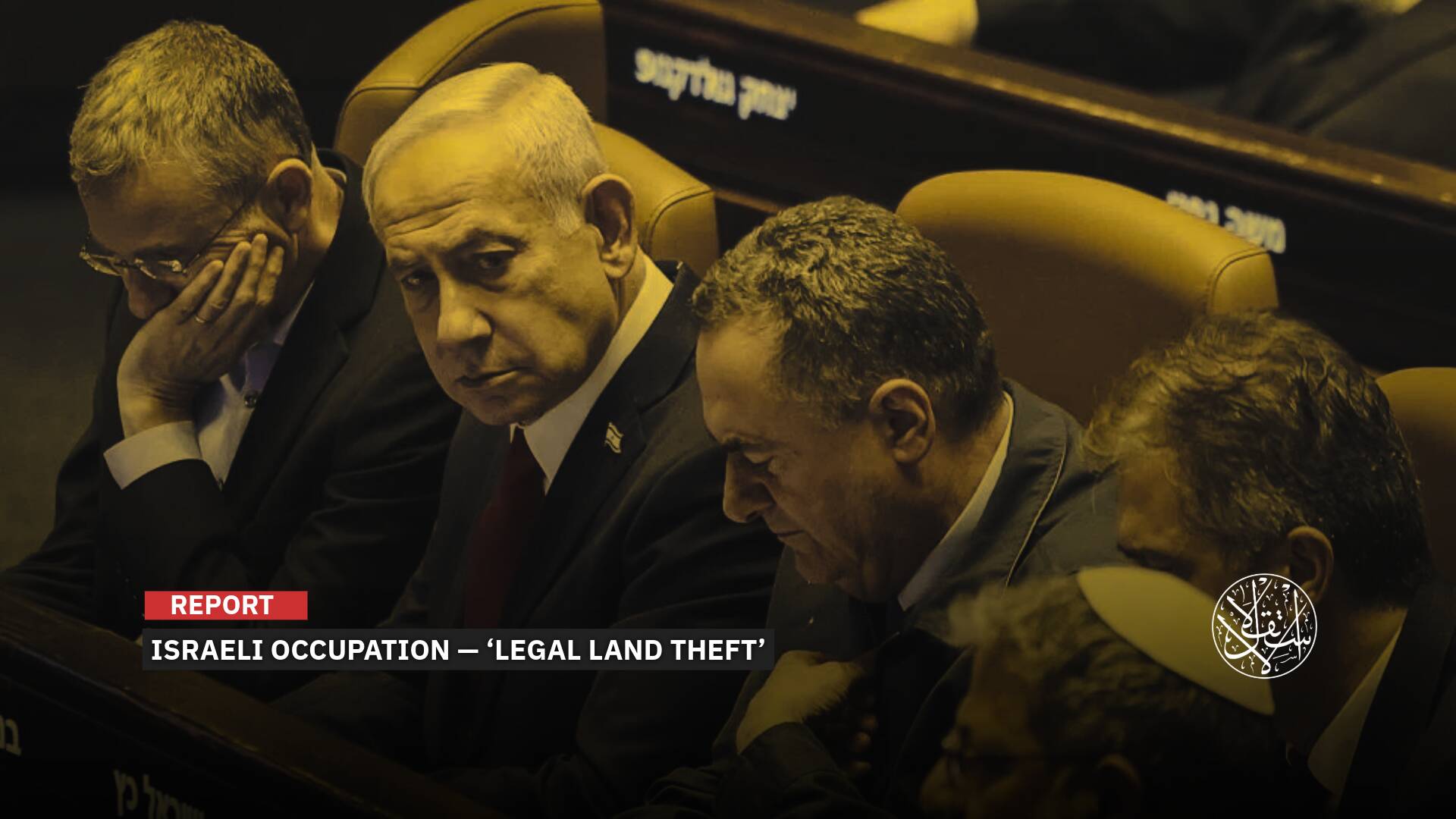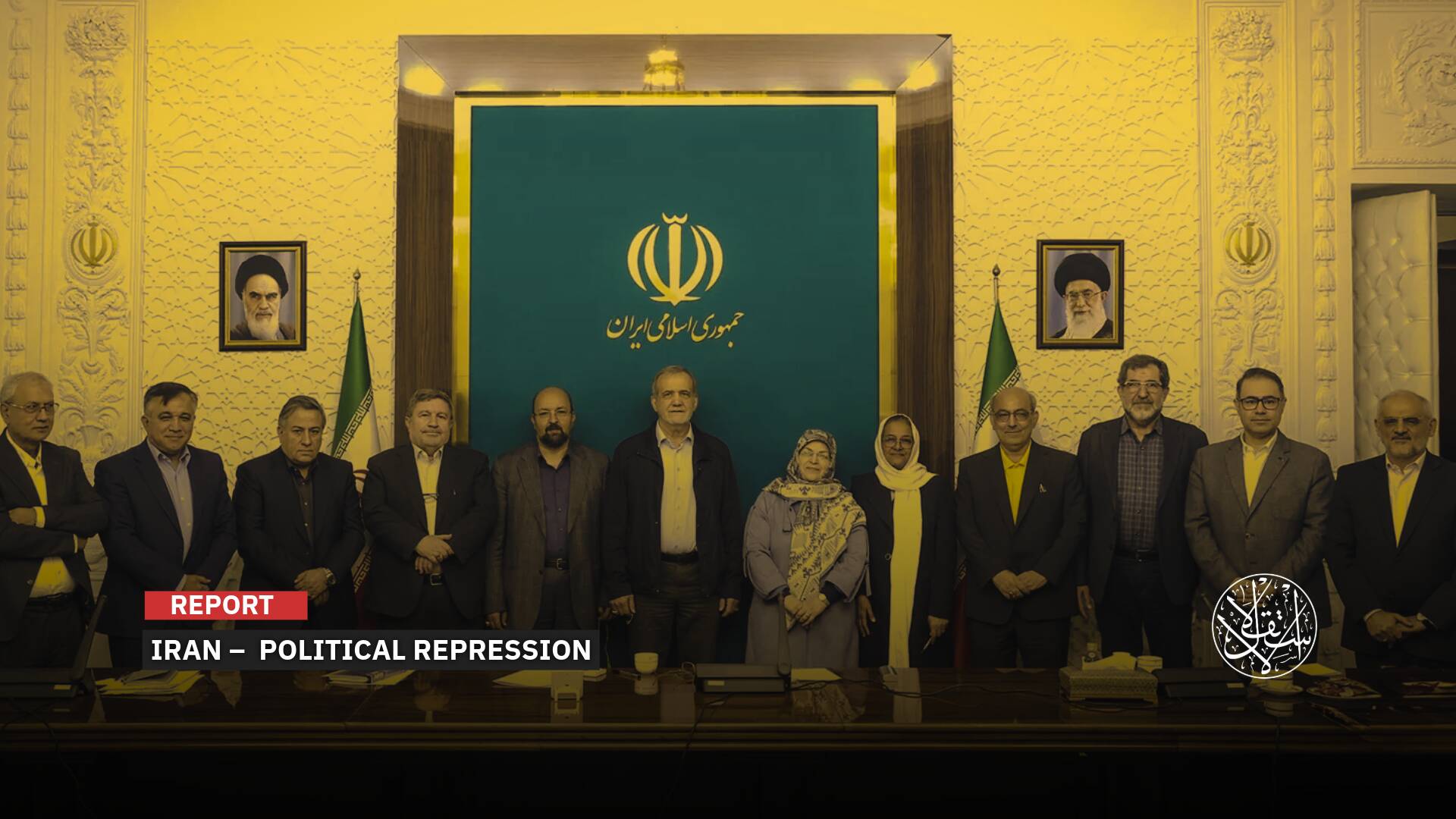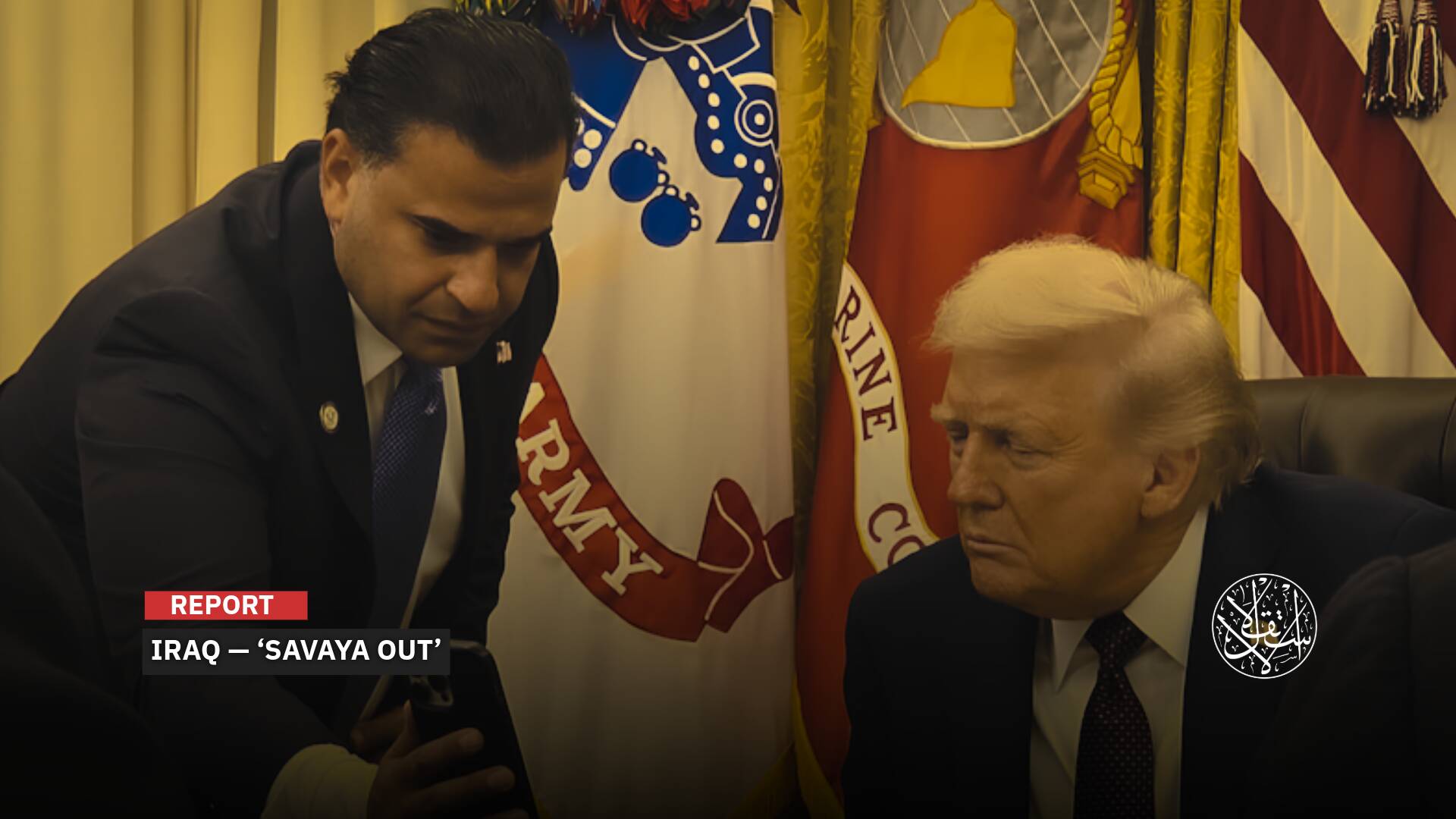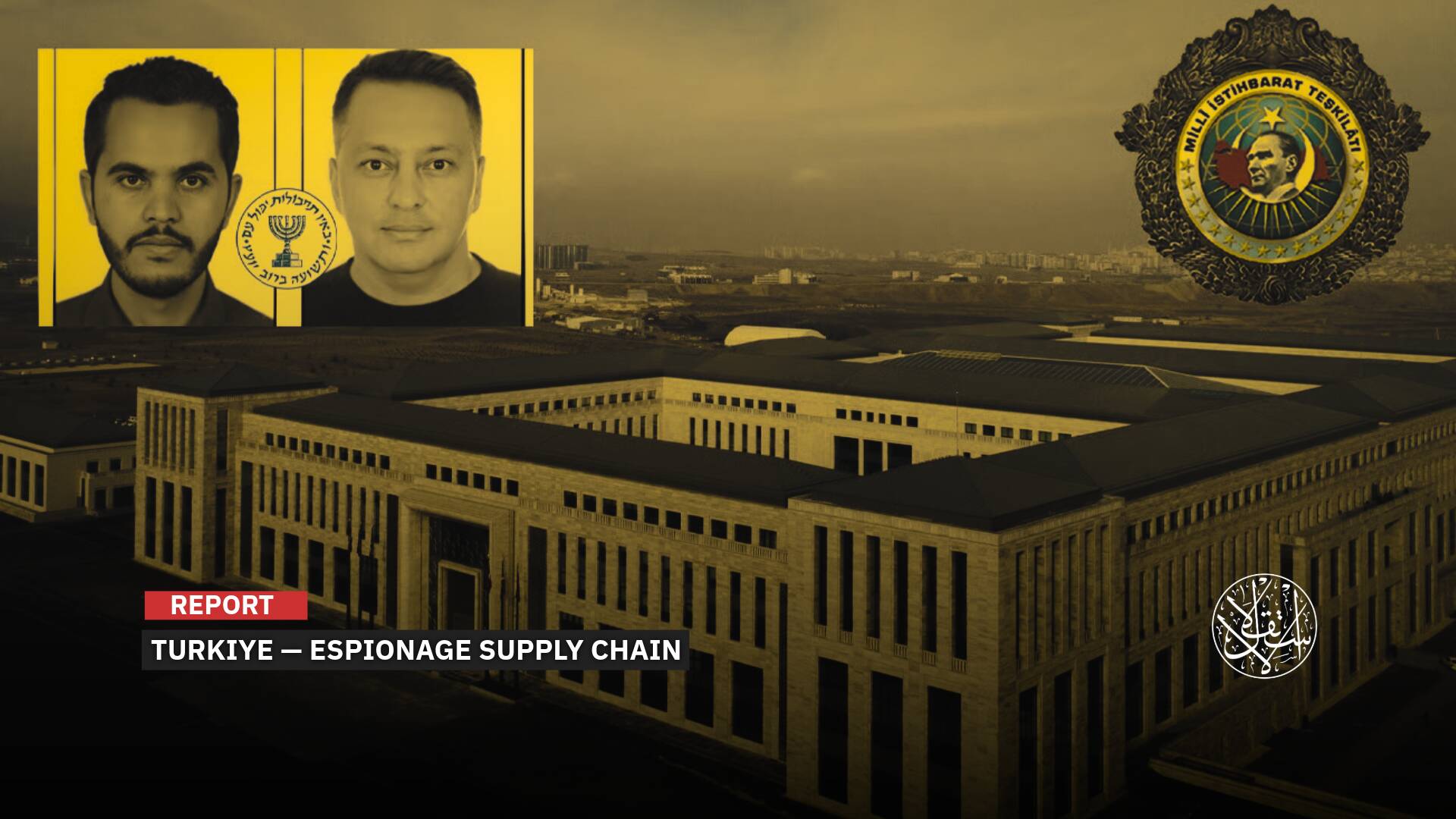How the Hashomer Yosh Organization Cooperated with the Israeli Army in the Settlement Movement

Despite the sanctions imposed by the U.S, Hashomer Yosh will still function.
As President Biden remains steadfast in his support for the Israeli occupation's genocide in Gaza, his administration has sharpened its focus on Israeli settler violence in the occupied West Bank—a surge that has escalated in recent months.
The United States initiated sanctions against individual settlers known for attacks on Palestinians and Israeli activists in the West Bank, setting a precedent that other nations soon followed. These sanctions have since extended to illegal outposts and certain settler organizations.
Aggressive Agenda
On August 28, the U.S. announced a new round of sanctions, this time targeting Hashomer Yosh, an Israeli non-governmental organization closely linked to state ministries.
The group, whose name translates to “Guardian of Judea and Samaria”—a biblical reference to the West Bank—supports settler farmers across the occupied territories.
Each year, it sends hundreds of teenage volunteers, many of whom are settlers themselves, to work in and defend illegal outposts.
The U.S. State Department has charged Hashomer Yosh with fueling “extreme levels of instability and violence against civilians in the West Bank” by providing material support to the outpost of Meitarim, which was sanctioned in July, as well as to several individuals targeted in earlier rounds of U.S. sanctions.
In its defense, Hashomer Yosh has denied any illegal conduct, asserting that its activities are “legitimate and coordinated with the [Israeli] government,” from which it receives funding.
Despite these denials, Hashomer Yosh has pursued an aggressive settlement agenda since its founding over a decade ago.
Along with other volunteer agricultural organizations in Israel, it has capitalized on the current political climate to displace Palestinians and expand settlement outposts in the West Bank.
For Palestinians in rural West Bank areas, Hashomer Yosh has become a significant force behind settler violence.
The founders of Hashomer Yosh are known for their inflammatory and violent rhetoric toward Palestinians. One of its leaders, Meir Bertler, was arrested in 2011 after he and a group of settlers trespassed on private Palestinian property near the Jordanian border.
That same year, Bertler published an article describing Palestinians in West Bank villages as a “savage population” and called on the Israeli military to “avenge the blood” of Israelis.

Zionist Roots
The ideological roots of Hashomer Yosh extend back to the early 20th century when European Zionists began settling in Palestine.
One of them, Alexander Zaid, a Jewish immigrant from Russia, founded an organization called Hashomer to protect Jewish settlements in rural areas.
Although the original Hashomer was eventually dissolved with the formation of the Haganah—the Zionist paramilitary group that later became the Israel Defense Forces—the ethos of using agriculture to secure Jewish control over land has persisted.
Hashomer Yosh, established in 2013, continues this tradition under the pretext of safeguarding communities and combating what it calls “agricultural terrorism.”
Hashomer Yosh was founded with the stated mission of supporting farmers across the West Bank, or Judea and Samaria as it is referred to by some Israelis.
However, the narrative of widespread “agricultural crime” and the portrayal of violence against Israeli farmers is contested.
While numerous media reports over the past decade have chronicled theft and arson on Israeli farmland, others argue that the threat is exaggerated to justify land grabs in the occupied territories.
In a manner similar to other "guard" movements like the right-wing Hashomer Hashadash and the left-wing Zionist Hashomer Hatzair, Hashomer Yosh focuses on engaging young Israelis through volunteer and pre-military programs that send them to guard land in illegal outposts.
The Israeli military has endorsed these programs as alternatives to traditional service, and Ariel University, located in a West Bank settlement, awards academic credits to students who volunteer with the group.
Hashomer Yosh has received millions of shekels in government funding, including from the Ministry of Agriculture, the Ministry of the Negev and Galilee, and the Ministry of National Security.
In 2021, the organization even secured government funds to purchase drones, despite restrictions on drone possession in the West Bank. Earlier this year, Hashomer Yosh launched a campaign to acquire 80 more drones to "protect shepherds" on agricultural farms.
The organization also draws significant financial support from diaspora Jews. Between 2015 and 2019, Hashomer Yosh received over NIS 256,000 (approximately $70,000) from the New York-based Central Fund for Israel, a group known for funding settler organizations.
In 2021, the left-wing NGO Peace Now appealed to Israel's Ministry of Agriculture to halt its support for Hashomer Yosh, citing the group’s collaboration with illegal outposts and reports of Israeli and Palestinian activists being attacked by masked men wearing Hashomer Yosh apparel.
Yet, the violence persisted. In November 2022, social media posts indicated that members of Hashomer Yosh, working alongside a private company, participated in demolishing a Palestinian school in Masafer Yatta.

Gaza Genocide
In 2023, young women serving in the Israeli army were sent to the Oppenheimer outpost, established by the head of the local council’s land department, where settlers were reportedly harassing Palestinian farmers and shepherds.
Shabtai Koshelevsky, one of Hashomer Yosh’s founders, has even encouraged volunteers to learn Arabic, arguing that language proficiency is essential for seizing and controlling land.
More recently, since the beginning of the Israeli aggression on Gaza, Hashomer Yosh’s activities have intensified, often in collaboration with the Israeli military.
Farmers associated with Hashomer Yosh voiced concerns that the violence could spread to the West Bank. In response, the organization increased its presence, sending as many guards as possible to vulnerable areas and coordinating with the army to protect and reinforce these locations.
Hashomer Yosh has maintained close ties with settler Yinon Levy, who was sanctioned by the Biden administration in February for leading attacks on Palestinian communities and setting their fields on fire.
Last November, the organization sent volunteers to Levy’s farm and launched a fundraising campaign to recruit “armed volunteers.”
In January, a group of settlers, including some from Levy’s farm, forcibly expelled all residents of Khirbet Zanouta, a Palestinian village in the southern Hebron Hills, while wearing T-shirts emblazoned with the slogan “Hashomer Yosh.”
According to the U.S. State Department, volunteers from the organization then fenced off the village to prevent residents from returning.
In July, a Hashomer Yosh field coordinator allegedly shot three camels in an area where he had established an outpost.
The organization appears to have been emboldened by the ongoing support it has received from the Israeli government during the war.
In January, Environmental Protection Minister Idit Silman attended a tree-planting event organized by Hashomer Yosh at an illegal West Bank outpost.
In June, Agriculture Minister Avi Dichter met with representatives from Hashomer Yosh and other volunteer organizations to reaffirm his support for their activities during the conflict.
Despite the sanctions imposed by the U.S., activists are skeptical about their impact on Hashomer Yosh’s operations.



